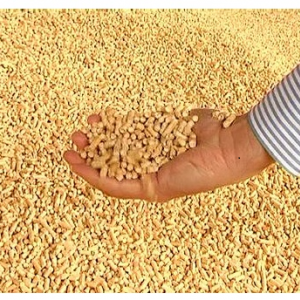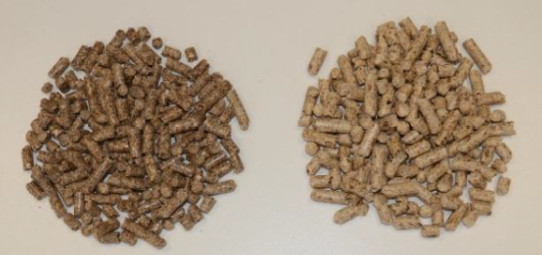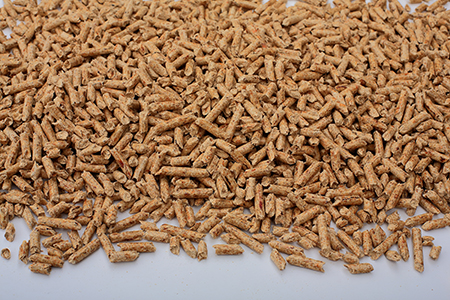
GLOBAL AGROWOODERS TRADING currently supply and offers different types of fuel wood pellets in general from USA, Brazil, European and Asian countries. We have to supply of Fuel Pellets by price 110-150.00 US$/BDMT CIF ASWP depends of the CIF port of destinations up to 30-50.000 MT per vessel .
Pellet fuels (or pellets) are biofuels made from compressed organic matter or biomass.[1] Pellets can be made from any one of five general categories of biomass: industrial waste and co-products, food waste, agricultural residues, energy crops, and virgin lumber.[2]
Wood pellets are the most common type of pellet fuel and are generally made from compacted sawdust[3] and related industrial wastes from the milling of lumber, manufacture of wood products and furniture, and construction.[
Other industrial waste sources include empty fruit bunches, palm kernel shells, coconut shells, and tree tops and branches discarded during logging operations.
So-called "black pellets" are made of biomass, refined to resemble hard coal and were developed to be used in existing coal-fired power plants.
Pellets are categorized by their heating value, moisture and ash content, and dimensions. They can be used as fuels for power generation, commercial or residential heating, and cooking. Pellets are extremely dense and can be produced with a low moisture content (below 10%) that allows them to be burned with a very high combustion efficiency
Wood pellets for non-industrial use have a diameter 6 mm and a length of1-4 cm. Besides this type of wood pellet, industrial pellets can also be bought on the market. The quality of industrial pellets is lower; they have a diameter of 6, 8 or 10 mm; their ash content can be over 3 percent. Mechanical durability is not an important issue. For normal and efficient operation of smaller boilers, use of standardized and certified pellets is recommended.
Different types of wood pellets


The colour of pellets does not determine the quality classes of pellets. Darker colour is caused by proportion of bark and tree species. Usually in this case the ash percentage is higher.
Small particles in the bag are usually caused by lower mechanical durability of pellets.

